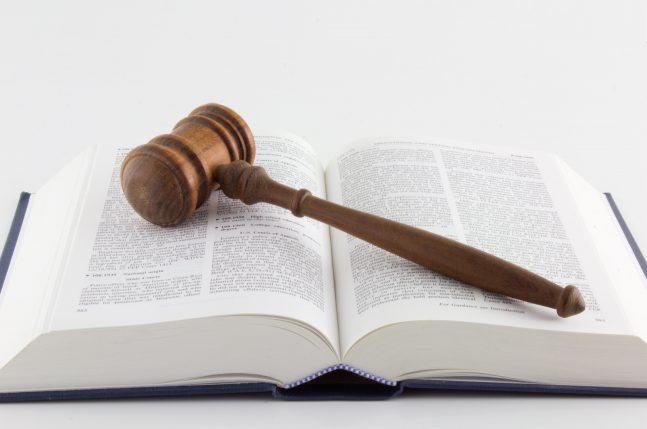
What if you are involved in a court case and get a sinking feeling the Judge is against you? For example, the Judge gives a ruling in favour of a company on the other side, where he or she has thousands of shares in that company? Or he is married to that company director’s sister. Or she used to work for the company?
We Australians are fortunate to have highly skilled, honest, learned and independent Judges to determine legal disputes. However, the law does recognise the important principle that:
“Justice must not only be done, it must be seen to be done.”
Therefore, the Courts do require a Judge or other decision maker to retire from hearing a case if a legitimate and credible possibility of bias is raised.
Note that the Courts have decided that these principlesalso apply to certain Tribunals where no Judge presides.
The Courts apply these principles in dealing with any suggestion of bias:
- Bias does not have to be ‘proved’ or demonstrated. (Not only is the presence of actual bias very unlikely, it would be difficult and unseemly to have to prove it);
- If a reasonable person (without an unduly suspicious mind) observing the case would have a reasonable fear that there was a possibility that the case was or could be tainted by bias, then the Judge will disqualify him or herself from the case.
Recognised types of bias include:
- Pecuniary bias -where the decision maker has a stake in the result;
- Aversion or preference – for example, where the decision maker is related to or knows a party or a witness;
- Ex parte communications – where one side is in contact with the decision maker without the knowledge or consent of the other party;
- Where the decision maker ‘enters the arena’ by helping one side or attempting to conciliate;
- Where the decision maker was involved in an aspect of the dispute previously;
- Where the decision maker makes a comment during the case that reveals a ‘closed mind’.
Note that the ‘categories’ or types of ‘bias’ are not closed.
Despite the doctrine, which Judges take very seriously, it is important to bear in mind that an allegation of possible bias should never be raised frivolously or without a clear and actual basis. Even and in fact especially if you are conducting a legal dispute for yourself, such as at a Tribunal or in a small claim, before making any application that the person hearing the case disqualify themselves, you should take proper legal advice.
For further information please contact Peter on 8362 6400 or email Peter Jakobsen. Join our mailing list to receive updates and advice on current issues.







